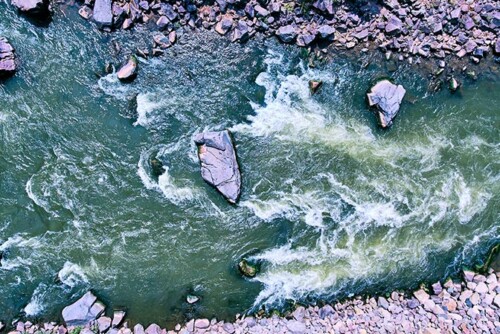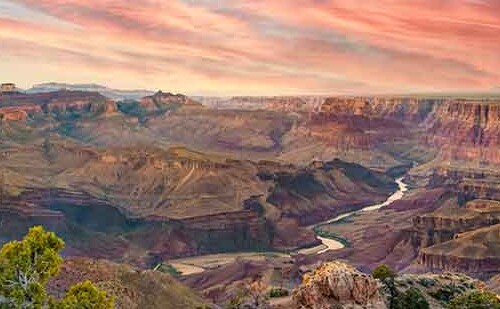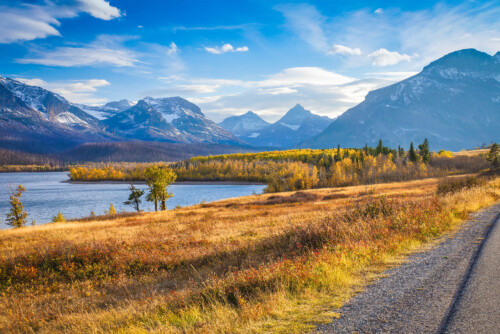Annual Report 2020
Sprawling human development and the resulting habitat fragmentation means we are losing our natural areas and wildlife habitat at a staggering pace. Scientists have shown that in order to avoid massive biodiversity loss and to stem the impacts of climate change, we must protect 50 percent of the world’s lands and waters by 2050. In the United States, decision makers and advocates are rallying behind the interim goal of protecting 30 percent by 2030, known colloquially as “Protect 30×30.” Western states are well positioned to lead that effort. While many states have a good head start, to meet our goals we need to protect and connect more than 100 million acres of land in our region by 2030 and more than 200 million acres of land by 2050 The clock is ticking. Western Resource Advocates’ team of policy experts is working with communities and leaders across the region to craft solutions that advance our communities while protecting biodiversity, but we need your support ensure this goal becomes a reality.
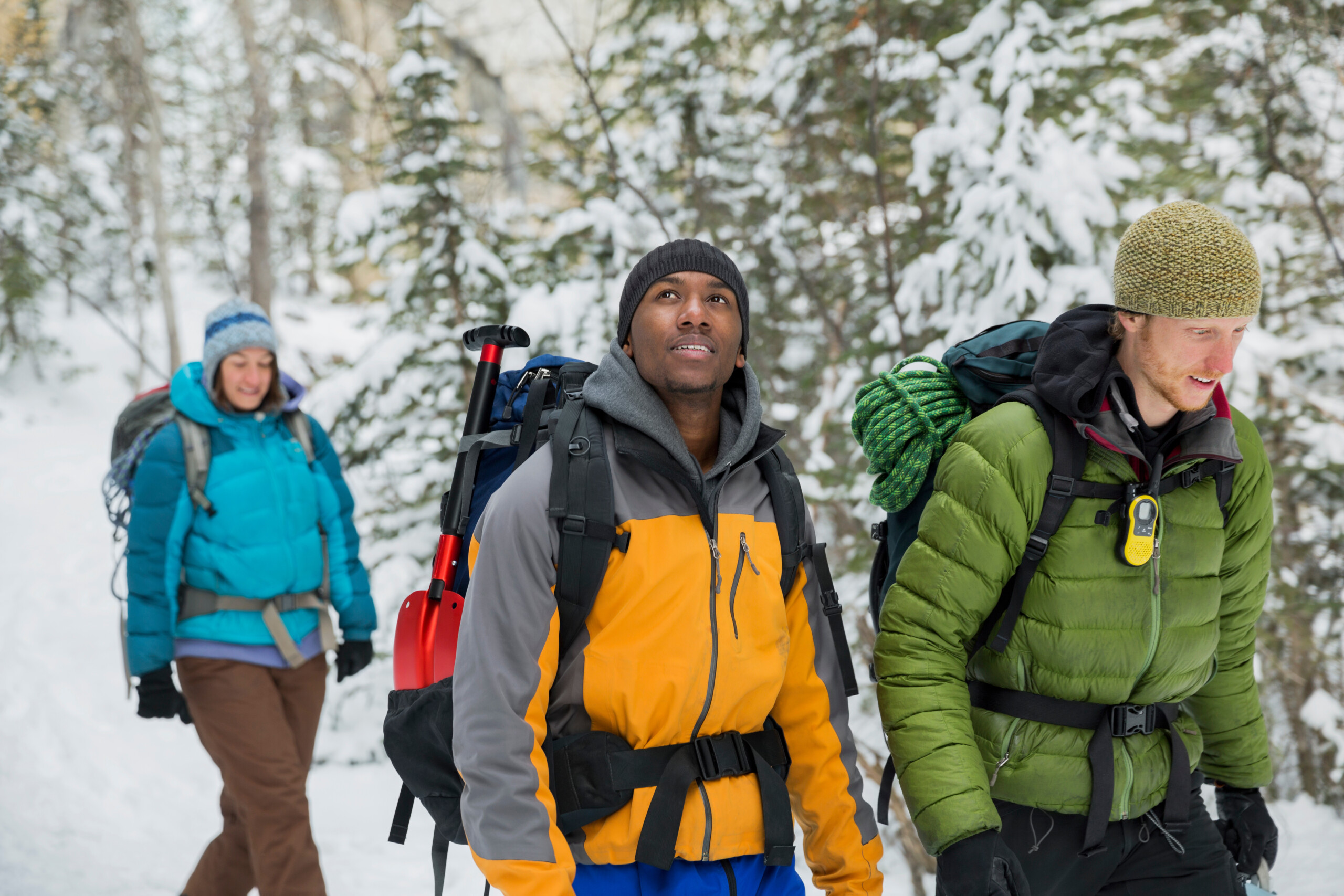
Protecting 12.7 Million Acres of Wildlife Habitat
Following landmark legislation in 2019 that gave the Colorado Oil and Gas Conservation Commission (COGCC) the mission to protect public health and environment from the impacts of oil and gas, the commission voted unanimously to adopt new rules that will better conserve wildlife and protect vital habitat. Throughout the rulemaking, WRA advocated to expand high- priority habitat areas and increase protections to keep oil and gas development out of wetlands, riparian corridors, and intermittent and ephemeral streams. As a result, the COGCC
expanded by 5.5 million acres sensitive wildlife habitats that are closed to development, focusing particularly on riparian areas supporting important fisheries. In addition, the COGCC extended by 12.7 million acres high-priority habitats where a development proposal triggers consultation with Colorado Parks and Wildlife. The commission also established new processes for better public participation in oil and gas permitting decisions impacting wildlife.
Making Progress on Outdoor Equity
New Mexico led the nation by setting the first-ever Outdoor Equity Fund, in 2019. The state’s Office of Outdoor Recreation distributes grants to local governments, native communities, and grassroots organizations to offset the costs of outdoor recreation and education programs for low-income youth. In 2020, as the program’s first grantees were awarded funds to help all youth get outside, WRA supported increased funding for the program by demonstrating the benefits of outdoor recreation for our communities. WRA is working in diverse coalitions to apply those same ideas at the national level and to other states to ensure all communities across our region have equitable access to outdoor experiences.
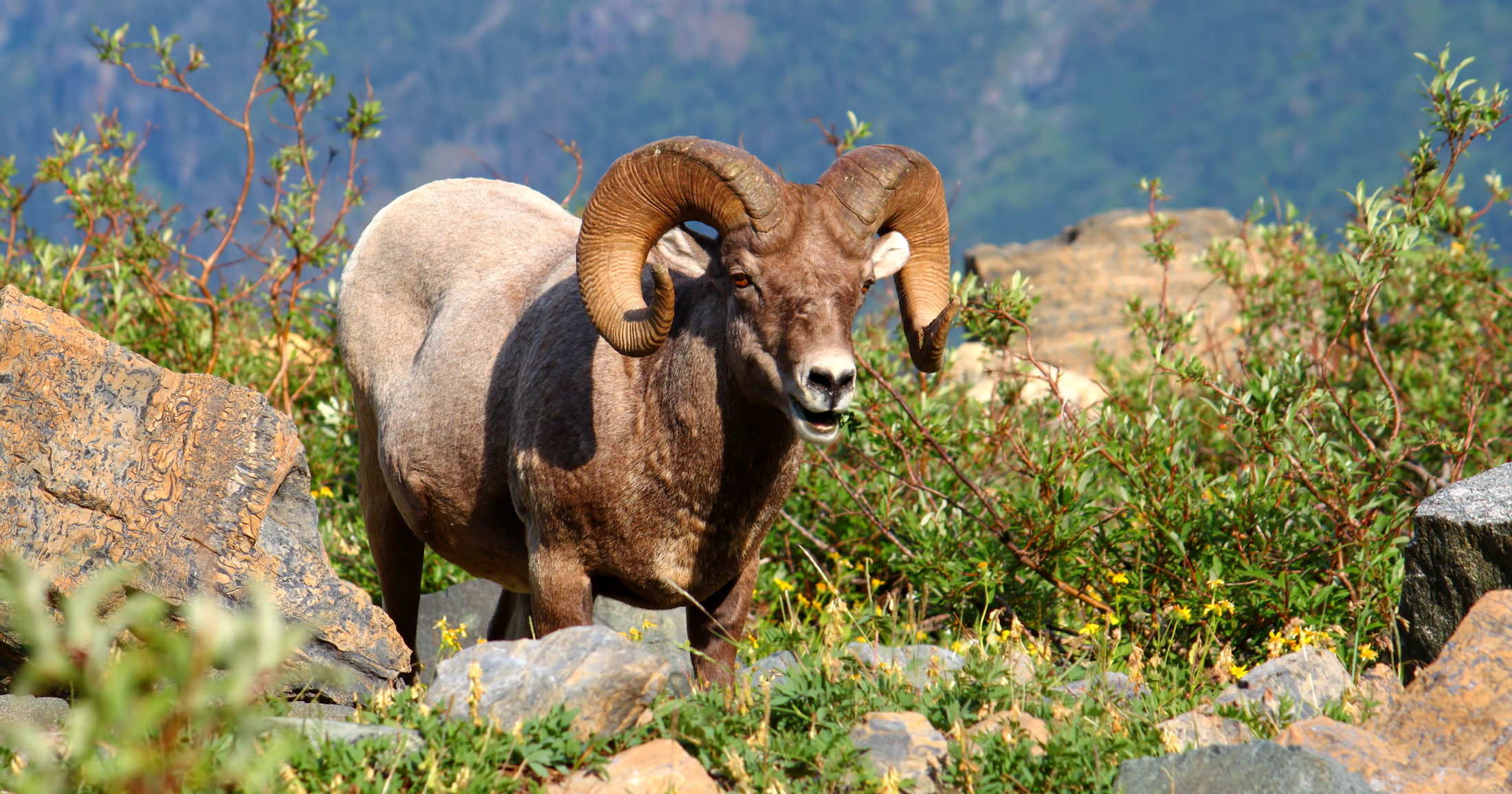
Finding New and Innovative Ways to Fund Conservation
In 2020, WRA worked to design, propose, and implement new conservation funding mechanisms and identify new funding sources for three states in our region. As a result of WRA’s work and strong partnerships with other groups, Montana voters approved a ballot measure to dedicate new tax revenue to conservation. In Colorado, WRA advocated for significant investments in wildfire resilience as agency staff prepared draft budgets in advance of the 2021 legislative session. WRA is continuing to craft and advance solutions to ensure that states have the resources they need to protect and connect the region’s vital landscapes and habitat.
Working to Increase Wildfire Resilience in Colorado and Montana
With climate change driving more and more catastrophic wildfires across our region, WRA stepped up in 2020 to launch a new initiative in Colorado and Montana. Our work investigates how these states can improve wildfire resilience through state-level policy change, and specifically looks at strategies such as prescribed burns, better land use planning, and funding for wildfire mitigation to improve community resilience. This research will be the foundation for future policy recommendations in each of these states.
Funding Conservation in Arizona
In 2019, WRA worked closely with partners to restore the Arizona State Parks Heritage Fund, which had been created by Arizona voters via ballot initiative, but later eliminated by the legislature. With the program successfully restored, in 2020 WRA and our partners turned our attention to restoring funding to the program. While the pandemic cut the state legislative session short, we laid important groundwork with Arizona decision makers and expect the bill will be reintroduced in 2021.

